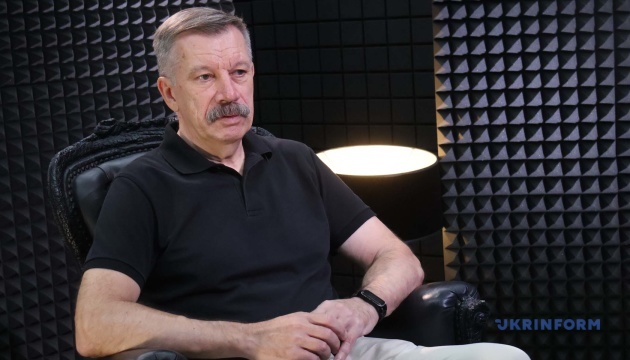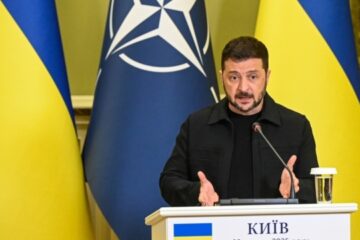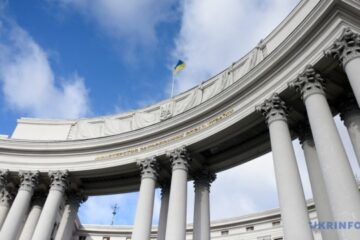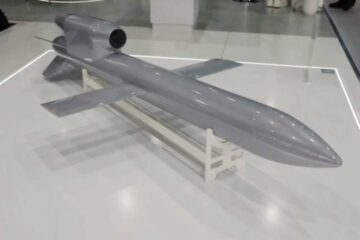
Ukraine doesn’t need to tie its security guarantees strictly to NATO’s Article 5. At this stage, it’s more important to maintain the independence and flexibility of its armed forces while gradually aligning with the Alliance through shared understanding on key issues.
This view was expressed by General Volodymyr Havrylov during a program hosted by Ihor Dolhov on Ukrinform’s YouTube channel.
Commenting on the Italian Prime Minister’s proposal for security guarantees for Ukraine—modeled on NATO’s collective defense clause but outside the Alliance—Havrylov noted that even within Europe, there is still no clear consensus on how to construct such a system of political guarantees. In this context, he recalled that Article 5 of the Alliance has only been invoked once, in response to terrorism in 2001.
“It’s never been used again, so its practical effectiveness remains purely theoretical,” the general stated.
According to him, when discussing security guarantees for Ukraine outside of NATO, Article 5 could mean only one thing: in the event of a threat, multiple countries—not just one—would respond, depending on who joins the Coalition of the Willing.
“This isn’t exactly Article 5. There’s no need to be tied to it at all. Clearly, expert-level discussions will take place, and as President Zelensky said, we need a practical solution—one that doesn’t follow the path of the Budapest Memorandum, where a document exists but no real action follows,” Havrylov warned.
He emphasized that, as the experience of this war has shown, when it comes to defending one’s own territory, it is necessary to rely primarily on oneself. However, it is essential to have partners who can provide material support or assistance in other forms.
The general also stressed that although Ukraine is not a NATO member, it already engages in various forms of cooperation with the Alliance in areas such as defense, training, and adherence to NATO standards.
According to Havrylov, it is important for Ukraine to be deeply integrated into NATO’s systems of planning, decision-making, and funding during peacetime so that to operate confidently within NATO structures, “because culturally, we simply don’t understand many of the internal processes”.
“At the same time, many NATO procedures are not suited to the modern challenges of warfare—they are so bureaucratic and slow that it raises questions about how quickly they could respond if something were to happen,” the general noted.
He added that both sides have lessons to learn from each other: Ukraine must adopt NATO’s planning systems, while NATO can benefit from Ukraine’s tactical and operational practices.
“This is about tactical and operational levels that NATO simply doesn’t possess—and won’t until the next war. Given the current circumstances, NATO membership may not even be a priority for Ukraine at this stage,” Gavrylov said.
He explained that Ukraine’s non-membership in NATO allows for a wide range of maneuverability—flexibility in warfare methods, strategies, and procedures, including operations like the one conducted in Russia’s Kursk region.
“NATO would never have approved such an operation; they would have planned it differently. All the tactical and operational approaches we’re using on the front lines now—NATO would have fought the old way, relying on greater resources and equipment… That’s why we need to approach the question of NATO membership philosophically. It’s better if we move closer to each other through a shared understanding of many things,” the general said.
As previously reported by Ukrinform, Italian Prime Minister Giorgia Meloni proposed a framework for security guarantees for Ukraine that mirrors NATO’s collective defense clause but does not involve formal membership in the Alliance.
Ukrinform photos available for purchase here



